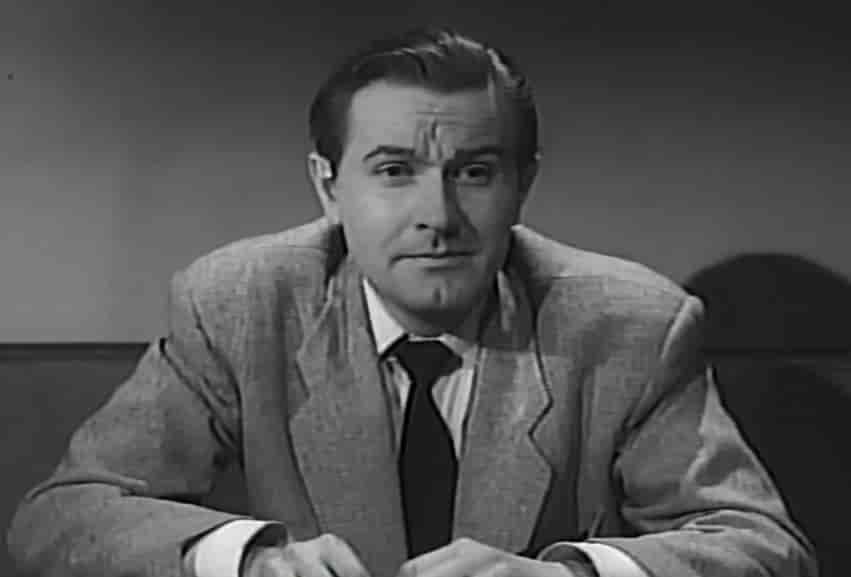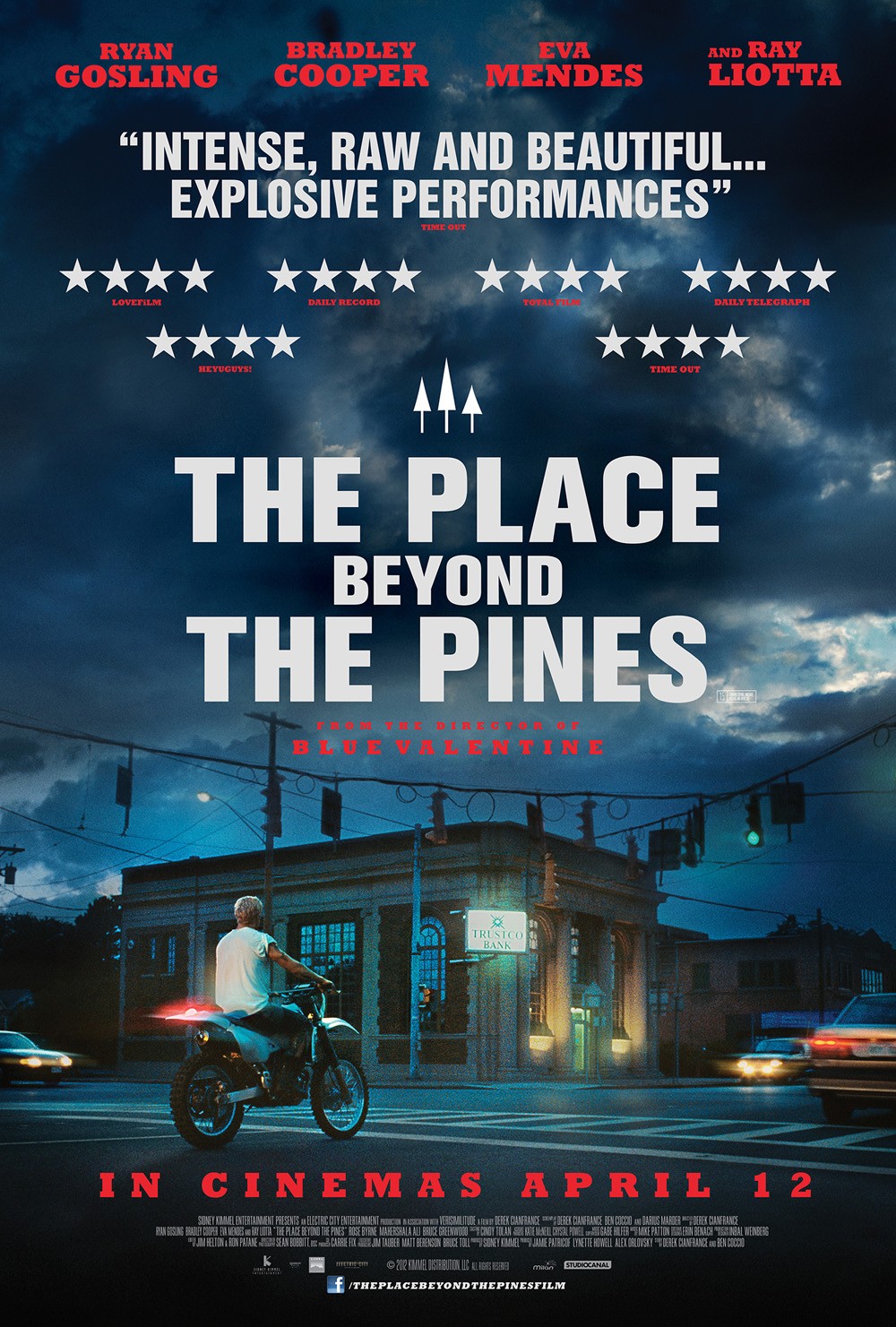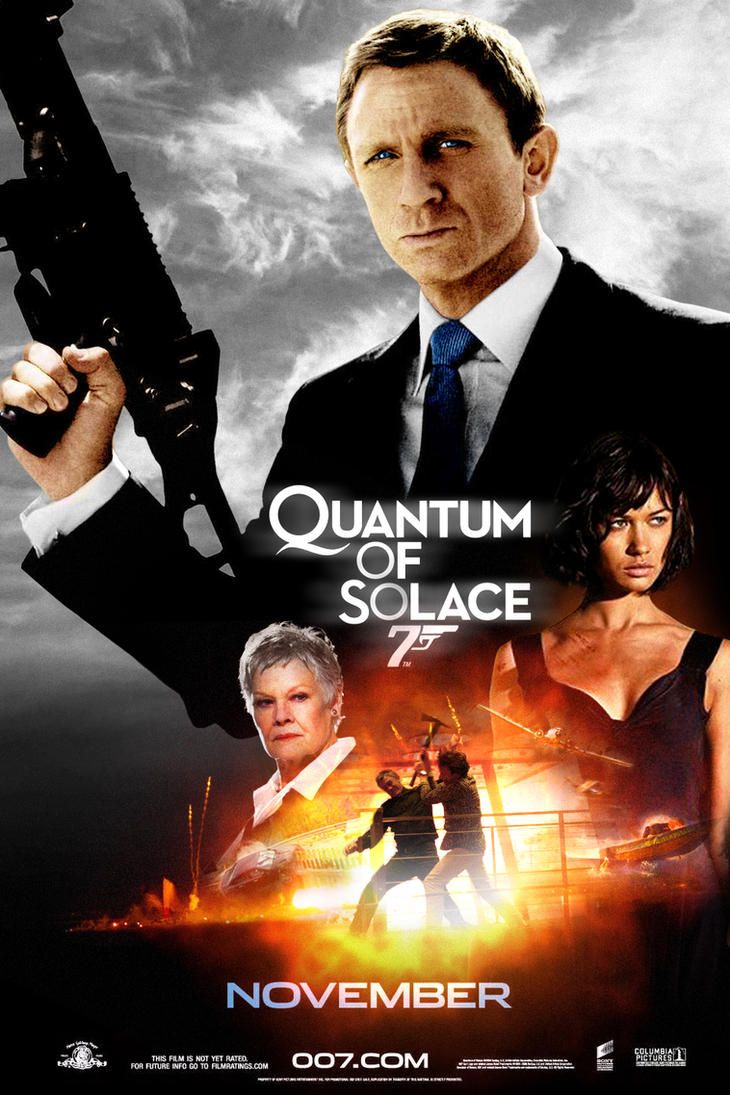
Film aficionados and casual moviegoers alike often look back at certain years with a particular fondness, recalling a confluence of cinematic excellence that seems almost too good to be true. When it comes to such golden eras, 1994 stands as an undeniable titan, a year so packed with groundbreaking, thought-provoking, and utterly unforgettable movies that it’s arguably the best year in cinema history. This isn’t just nostalgia talking; this was a period where the American independent scene truly broke through, Disney’s animated Renaissance reached its apex, and timeless classics that would define generations graced the silver screen.
Indeed, it’s a year that gave us not one, but two cinematic juggernauts celebrating their 30th anniversaries: the genre-bending masterpiece *Pulp Fiction* and the enduring beacon of hope, *The Shawshank Redemption*. These films alone would mark 1994 as special, but they were merely two jewels in a crown studded with countless gems. From intense dramas that challenged our perceptions to comedies that redefined a generation, 1994 showcased an incredible breadth and depth of storytelling that continues to resonate today.
In this first part of our comprehensive look, we’ll dive into some of the most critically acclaimed and influential films from 1994, exploring the artistic heights and narrative innovations that set new benchmarks for the industry. These are the movies that earned rave reviews, garnered prestigious nominations, and introduced us to directorial voices and acting talents that would shape the future of film. Prepare to revisit the brilliance that made 1994 a year for the ages.

1. **Three Colors: Red (1994)**Kicking off our list is Krzysztof Kieslowski’s *Three Colors: Red*, a film that achieved a rare perfect 100% on the Tomatometer. Critics universally lauded it, with the consensus describing it as “A complex, stirring, and beautifully realized portrait of interconnected lives,” and a “captivating conclusion to a remarkable trilogy.” This film stands as a testament to the power of European arthouse cinema, demonstrating profound narrative depth and exquisite craftsmanship that set it apart even in a year brimming with cinematic achievement.
The synopsis reveals a tale of unexpected connections: “Part-time model Valentine (Irène Jacob) meets a retired judge (Jean-Louis Trintignant) who lives in her neighborhood after she runs over” his dog. This seemingly simple encounter spirals into a complex exploration of human connection, fate, and the intricate web of relationships that bind us, often unbeknownst to ourselves. Kieslowski masterfully weaves these threads, creating a story that is as intellectually stimulating as it is emotionally resonant.
As the concluding chapter of the acclaimed *Three Colors* trilogy, *Red* doesn’t just tie up loose ends; it elevates the entire thematic arc of freedom, equality, and fraternity to a breathtaking crescendo. Irène Jacob delivers a captivating performance as Valentine, while Jean-Louis Trintignant provides a nuanced portrayal of the reclusive judge. The film’s critical reception underscores its status as a masterpiece, a cinematic experience that challenges viewers to contemplate the profound mysteries of human existence and the subtle ways our lives intertwine.

2. **Hoop Dreams (1994)**Next, we turn our attention to one of the most powerful and critically acclaimed documentaries of all time, *Hoop Dreams*, which earned an astounding 98% on the Tomatometer. The critics consensus highlights its profound impact, calling it “a rich, complex, heartbreaking, and ultimately deeply rewarding film that uses high school hoops as a jumping-off point to explore issues of race, class, and education in modern America.” This film transcended the typical sports documentary, becoming a vital social commentary.
Directed by Steve James, this extraordinary documentary follows the lives of two African-American teenagers, William Gates and Arthur Agee, as they pursue their dreams of becoming NBA players. “Every school day, African-American teenagers William Gates and Arthur Agee travel 90 minutes each way from inner-city Chicago to St.” Joseph High School, a predominantly white suburban school, hoping to leverage basketball for a better future. The film captures their struggles, triumphs, and the harsh realities they face over several years.
*Hoop Dreams* offers an unblinking look at the systemic challenges faced by inner-city youth, from financial hardship and academic pressures to the immense emotional toll of constantly striving against overwhelming odds. It’s a testament to the resilience of the human spirit and the enduring power of ambition, even when confronted with seemingly insurmountable obstacles. The film’s raw honesty and intimate portrayal of its subjects cemented its place as not just a great sports film, but a pivotal work of social realism.
Its groundbreaking approach to long-form documentary filmmaking allowed for an unprecedented level of depth and empathy, drawing audiences into the lives of William and Arthur in a way few films, fictional or otherwise, ever achieve. The film’s legacy lies in its ability to spark crucial conversations about the American dream, opportunity, and the deep-seated inequalities that persist, all while telling a deeply personal and often heartbreaking story.
Read more about: Remembering the Luminaries: Celebrating the Lives and Legacies of the Stars We Lost
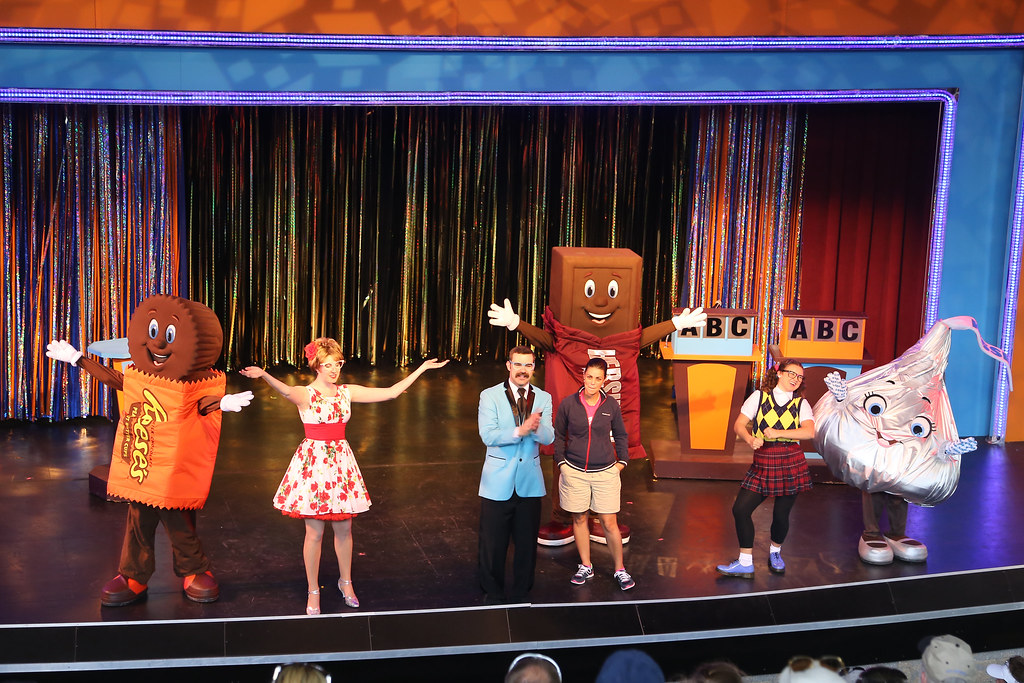
3. **Quiz Show (1994)**Robert Redford’s *Quiz Show* arrives with a formidable 97% Tomatometer score, heralded by critics as a film “Directed with sly refinement by Robert Redford and given pizazz by a slew of superb performances.” The consensus applauds its intellectual rigor, noting it “intelligently interrogates the erosion of public standards without settling on tidy answers.” This was a film that captured the zeitgeist, reflecting on morality and media deception with remarkable prescience.
The historical drama delves into the real-life 1950s quiz show scandal, a moment when American innocence was irrevocably shattered. The synopsis details how “Queens-born Herbie Stempel (John Turturro) becomes an unlikely hero after winning on America’s beloved game show, ‘Twenty One.’ When the” show’s producers decide to replace him with the more charismatic Charles Van Doren (Ralph Fiennes), a carefully orchestrated deception unfolds. The film meticulously unpacks the machinations behind the scenes and the ethical dilemmas faced by those involved.
John Turturro’s portrayal of the working-class Herbie Stempel is particularly compelling, offering a sympathetic look at a man wronged by the system, while Ralph Fiennes perfectly captures the privileged charm and eventual moral quandary of Van Doren. Robert Redford’s direction is indeed sly and refined, guiding the audience through a complex narrative with elegance and a keen eye for human frailty. The film’s examination of public trust and the seductive allure of fame remains as relevant today as it was in 1994, proving that some issues are truly timeless.
*Quiz Show* was nominated for the Academy Award for Best Picture, a testament to its critical resonance and powerful narrative. It stood alongside other giants of the year like *Pulp Fiction* and *The Shawshank Redemption*, firmly establishing itself as a significant entry in 1994’s impressive roster. The film doesn’t just recount history; it prompts us to question the narratives we consume and the institutions we trust.
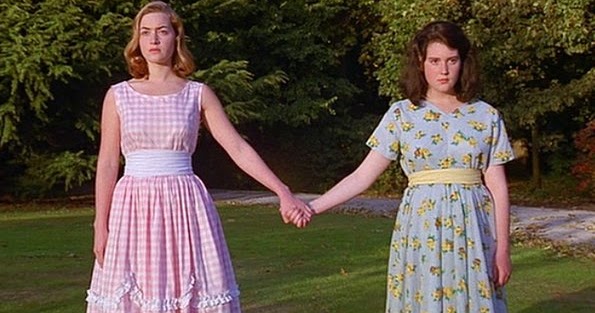
4. **Heavenly Creatures (1994)**Peter Jackson’s *Heavenly Creatures* garnered a highly respectable 95% on the Tomatometer, with critics declaring it “Dark, stylish, and captivating.” More significantly, it “signals both the auspicious debut of Kate Winslet and the arrival of Peter Jackson as more than just a cult director.” This film was a pivotal moment for two major talents, launching them onto the international stage and showcasing their incredible potential.
The film plunges into the dark and intense real-life story of two teenage girls in 1950s New Zealand. “Wealthy and precocious teenager Juliet (Kate Winslet) transfers from England to Christchurch, New Zealand, with her family, and forms a” powerful, all-consuming friendship with Melanie Lynskey’s Pauline Parker. Their bond becomes so intense and isolated that it eventually leads to a shocking and tragic crime, a story explored with a blend of dark fantasy and psychological depth.
Kate Winslet, in her debut film role, delivered a performance that was nothing short of revelatory, hinting at the immense talent that would make her a global superstar. Melanie Lynskey matched her intensity, creating a dynamic duo whose on-screen chemistry was both captivating and unsettling. Peter Jackson, long known for his cult horror films, demonstrated a stunning mastery of drama and visual storytelling, proving his versatility and setting the stage for his future epic successes.
The film’s unique blend of psychological drama and fantastical elements, born from the girls’ vivid imaginations, provided a fresh and innovative cinematic experience. It tackled complex themes of obsession, mental health, and the boundaries of friendship with a boldness that was both chilling and deeply empathetic. *Heavenly Creatures* remains a powerful and disturbing film, a stark reminder of the fragile line between fantasy and reality, and a landmark in the careers of its director and leading lady.
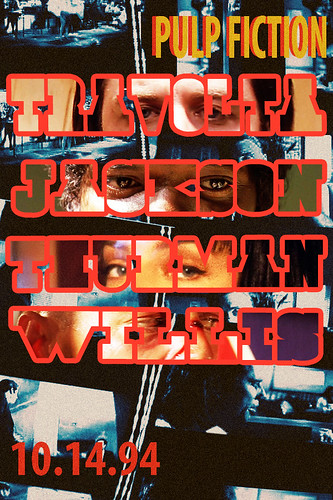
5. **Pulp Fiction (1994)**It’s impossible to discuss 1994 cinema without highlighting Quentin Tarantino’s *Pulp Fiction*, a film that smashed expectations and redefined modern filmmaking, achieving a 92% Tomatometer score. The critics consensus hailed it as “Injecting its compendium of crime tales with the patois of everyday conversation, Pulp Fiction is a cinematic shot of adrenaline that cements writer-director Quentin Tarantino as an audacious purveyor of killer kino.” This film wasn’t just a movie; it was a cultural phenomenon.
*Pulp Fiction* is a non-linear crime anthology, famously featuring “Vincent Vega (John Travolta) and Jules Winnfield (Samuel L. Jackson) are hitmen with a penchant for philosophical discussions.” Their intertwined stories, along with those of a mob boss’s wife, a boxer, and a pair of small-time robbers, weave a tapestry of L.A.’s criminal underworld. The film’s audacious structure, razor-sharp dialogue, and unforgettable characters instantly captivated audiences and critics alike, making it an instant classic.
The film’s impact on the American independent scene was seismic. It was a clear breakthrough, demonstrating that unconventional narratives and unique directorial voices could achieve mainstream success and critical acclaim, even earning a Best Picture nomination at the Academy Awards. Its distinctive style, from its eclectic soundtrack to its pop culture references, quickly became iconic, influencing countless filmmakers in its wake.
John Travolta’s career resurgence, Samuel L. Jackson’s electrifying performance, and Uma Thurman’s memorable turn as Mia Wallace are just a few of the many highlights that contribute to the film’s legendary status. *Pulp Fiction* wasn’t afraid to be bold, violent, or hilarious, often all at once, making it a truly exhilarating and singular cinematic experience that perfectly embodies the spirit of 1994’s cinematic revolution. Its legacy continues to echo through contemporary cinema, proving its enduring influence.
Read more about: The Biggest Movie Flops That Actually Gained a Cult Following: Their Epic Comeback Stories
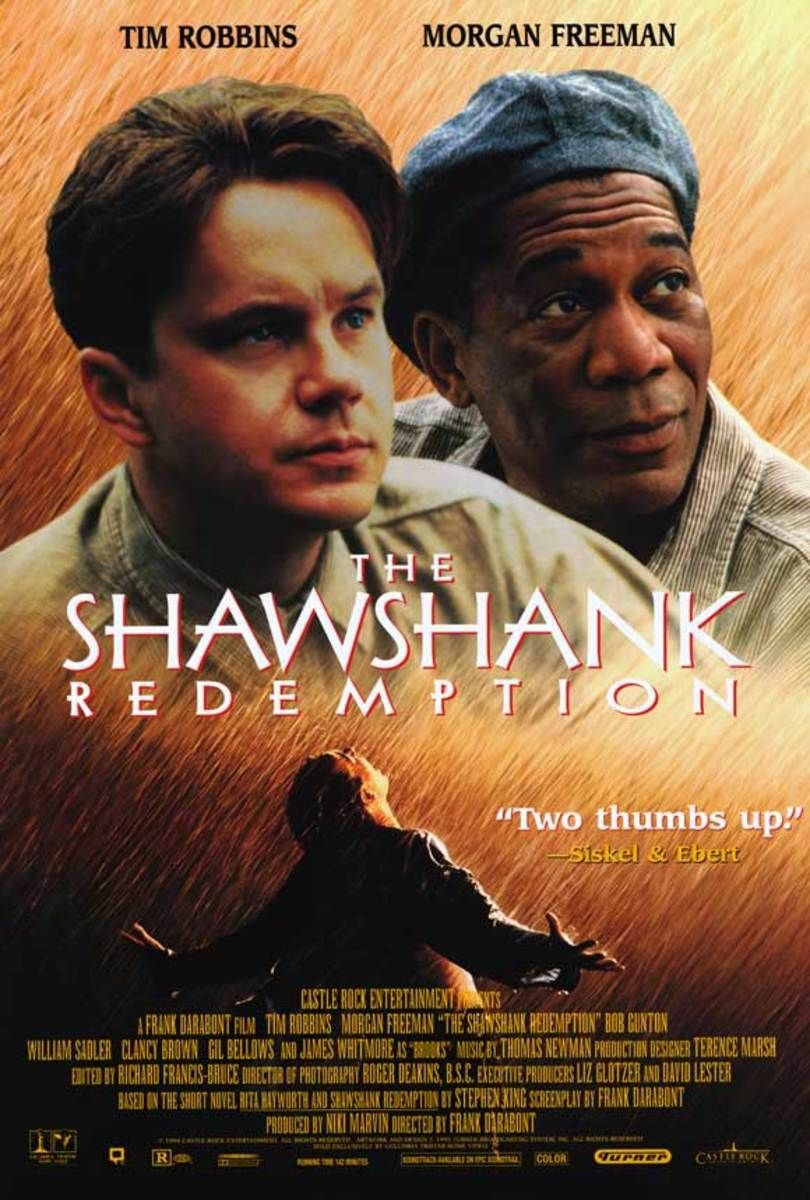
6. **The Shawshank Redemption (1994)**Another quintessential film from 1994 is *The Shawshank Redemption*, with its strong 89% Tomatometer score and an even more impressive legacy as “an easy argument for most beloved movie of the past 30 years.” The critics consensus praises its profound humanity: “Steeped in old-fashioned storytelling and given evergreen humanity by Morgan Freeman and Tim Robbins, The Shawshank Redemption chronicles the hardship of incarceration patiently enough to come by its uplift honestly.”
Based on a Stephen King novella, the film tells the epic story of hope and perseverance within the grim confines of a maximum-security prison. “Andy Dufresne (Tim Robbins) is sentenced to two consecutive life terms in prison for the murders of his wife and” her lover, a crime he vehemently denies committing. Inside Shawshank, he forms an unlikely friendship with fellow inmate Ellis “Red” Redding (Morgan Freeman), and over decades, he quietly carries out a meticulous plan for freedom.
Tim Robbins and Morgan Freeman deliver iconic, career-defining performances, their chemistry providing the emotional core of the film. Freeman’s narration, in particular, has become legendary, weaving a narrative thread that is both melancholic and ultimately uplifting. Director Frank Darabont crafted a film that, despite its bleak setting, never loses sight of the human spirit’s capacity for hope and redemption.
While it famously lost the Best Picture Oscar to *Forrest Gump*, *The Shawshank Redemption* has only grown in stature over the years, topping countless “best of” lists and resonating deeply with audiences worldwide. Its themes of justice, friendship, and the unyielding pursuit of freedom have ensured its place as a timeless masterpiece, a comforting and inspiring watch that reminds us that even in the darkest places, hope can shine brightest.
Read more about: The Cinematic Time Capsule: 15 Overlooked 80s and 90s Masterpieces You Absolutely Need to See
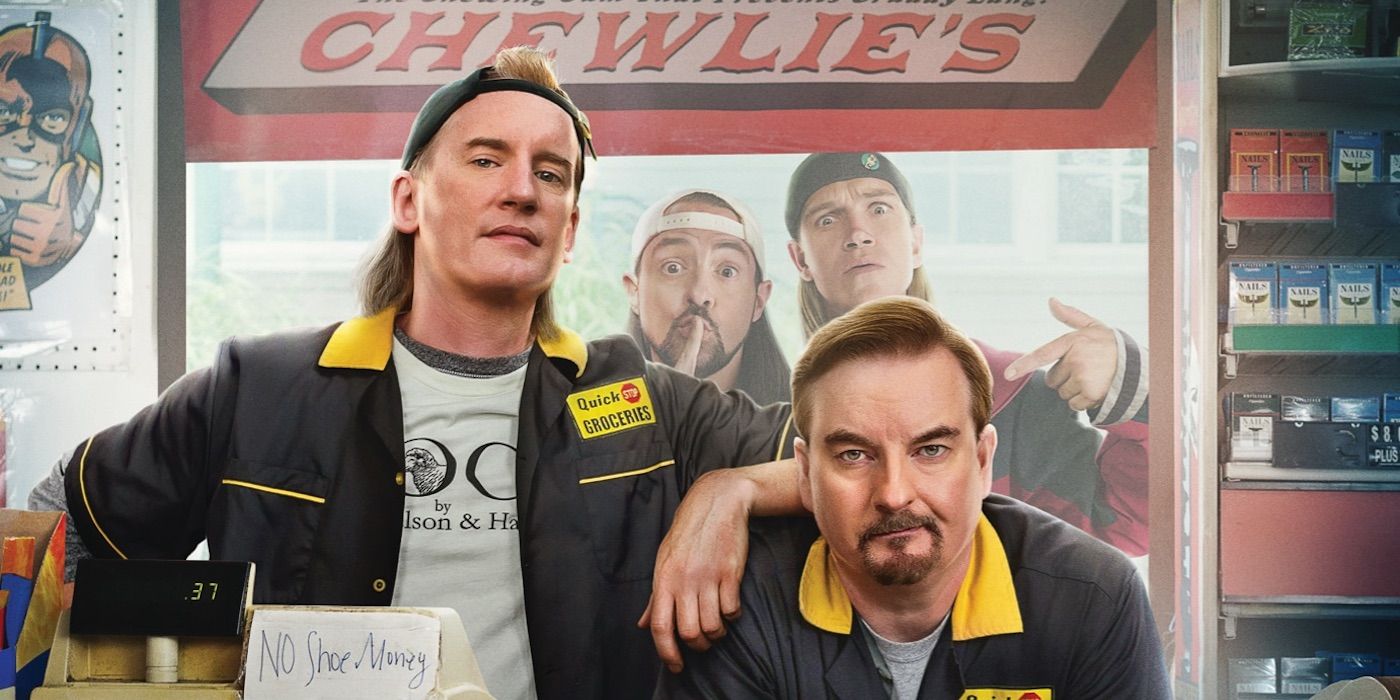
7. **Clerks (1994)**Bringing a raw, independent edge to our list is Kevin Smith’s debut feature, *Clerks*, which holds a solid 90% on the Tomatometer. Critics lauded it as a film “With its quirky characters and clever, quotable dialogue, Clerks is the ultimate clarion call for slackers everywhere to unite and, uh, do something we guess?” This low-budget, black-and-white gem was a true breakthrough for the American independent scene, proving that compelling storytelling didn’t require a massive budget.
The film chronicles a single, eventful day in the lives of Dante Hicks and Randal Graves, two convenience store and video store clerks. “Dante (Brian O’Halloran) is called in to cover a shift at his New Jersey convenience store on his day off.” What unfolds is a series of hilarious, often vulgar, and surprisingly insightful conversations about life, relationships, movies, and customer service. The film captures the ennui and camaraderie of working a dead-end job with remarkable authenticity.
Shot on a shoestring budget in the very convenience store where Smith himself worked, *Clerks* became a cultural touchstone for a generation feeling disenfranchised and uninspired. Its sharp, witty dialogue and relatable characters struck a chord, making it a favorite among those who appreciated its irreverent humor and honest portrayal of everyday life. Brian O’Halloran and Jeff Anderson, as Dante and Randal, created indelible characters whose cynical observations still ring true.
*Clerks* demonstrated the vibrant creativity bubbling within the independent film community in 1994, inspiring a wave of aspiring filmmakers to tell their own stories without waiting for Hollywood’s blessing. It’s a film that, despite its humble origins, made a huge impact, cementing Kevin Smith’s unique voice and confirming 1994 as a year where independent cinema truly found its footing and began to reshape the industry landscape. Its cult following only continues to grow, a testament to its enduring charm and biting wit.
Having explored the critically acclaimed and groundbreaking narratives that defined 1994 as an artistic powerhouse, it’s time to shift gears and celebrate the blockbusters, the genre-defining action flicks, the beloved family animations, and the unique cult favorites that captivated audiences and demonstrated the sheer breadth of the year’s cinematic landscape. These are the films that filled theaters, sparked conversations, and became indelible parts of pop culture, showcasing the commercial and popular appeal that truly rounded out 1994’s incredible roster.

8. **Speed (1994)** Kicking off our journey into the high-octane side of 1994 is Jan de Bont’s *Speed*, a film that still gets pulses racing three decades later. Holding a fantastic 95% on the Tomatometer, critics hailed it as “A terrific popcorn thriller, Speed is taut, tense, and energetic, with outstanding performances from Keanu Reeves, Dennis Hopper, and Sandra Bullock.” This isn’t just an action movie; it’s a masterclass in sustained tension, delivering exactly what audiences crave from a high-stakes ride.
The premise is elegantly simple yet incredibly effective: “Los Angeles police officer Jack (Keanu Reeves) angers retired bomb squad member Howard Payne (Dennis Hopper) by foiling his attempt” to extort money. Payne retaliates by rigging a city bus with a bomb that will detonate if its speed drops below 50 miles per hour, forcing Jack and the passengers, including the resourceful Annie Porter (Sandra Bullock), into a relentless, pulse-pounding race against time. The film constantly finds new ways to escalate the danger, keeping viewers on the edge of their seats.
*Speed* wasn’t just a hit; it was a phenomenon, cementing Keanu Reeves as an action star and launching Sandra Bullock into superstardom. Dennis Hopper, as the chillingly calm villain, delivered a truly memorable performance that perfectly counterbalanced the heroes’ desperation. The film’s relentless pacing, innovative set pieces, and charismatic cast made it an instant classic and a benchmark for the action genre, proving that a simple concept executed flawlessly can yield exhilarating results. Its inclusion among the top 10 grossing movies of the year further attests to its immense popular appeal.
Read more about: TikTok’s Sonic Boom: How Classic Tracks From the 70s, 80s, and Beyond Are Dominating Feeds and Reshaping the Entire Music Industry.

9. **The Lion King (1994)** From explosive action to a truly timeless tale, next up is Disney’s magnificent *The Lion King*, a film that proudly stands as a pinnacle of animated storytelling with a 92% Tomatometer score. Critics rightly declared it “Emotionally stirring, richly drawn, and beautifully animated, The Lion King is a pride within Disney’s pantheon of classic family films.” This animated epic captivated audiences of all ages, solidifying its place as an undisputed masterpiece.
“This Disney animated feature follows the adventures of the young lion Simba (Jonathan Taylor Thomas), the heir of his father,” Mufasa (James Earl Jones), the wise king of the Pride Lands. However, tragedy strikes when Simba’s evil uncle Scar (Jeremy Irons) orchestrates Mufasa’s death and manipulates Simba into believing he is responsible, forcing the young cub into exile. What unfolds is a classic hero’s journey, brimming with themes of responsibility, identity, and the circle of life, brought to vivid life through breathtaking animation.
*The Lion King* wasn’t merely a commercial success; it was, as the context notes, “the apex of the Disney Renaissance.” It led the top 10 grossing movies of 1994 with over $300 million, a testament to its broad appeal and enduring quality. The film’s iconic soundtrack, powerhouse voice cast (including Jeremy Irons’ chilling Scar and James Earl Jones’ majestic Mufasa), and profound emotional depth resonate deeply, making it a cultural touchstone that continues to enchant new generations. Its innovative animation and compelling narrative truly make it a jewel in Disney’s crown.
Read more about: TikTok’s Sonic Boom: How Classic Tracks From the 70s, 80s, and Beyond Are Dominating Feeds and Reshaping the Entire Music Industry.
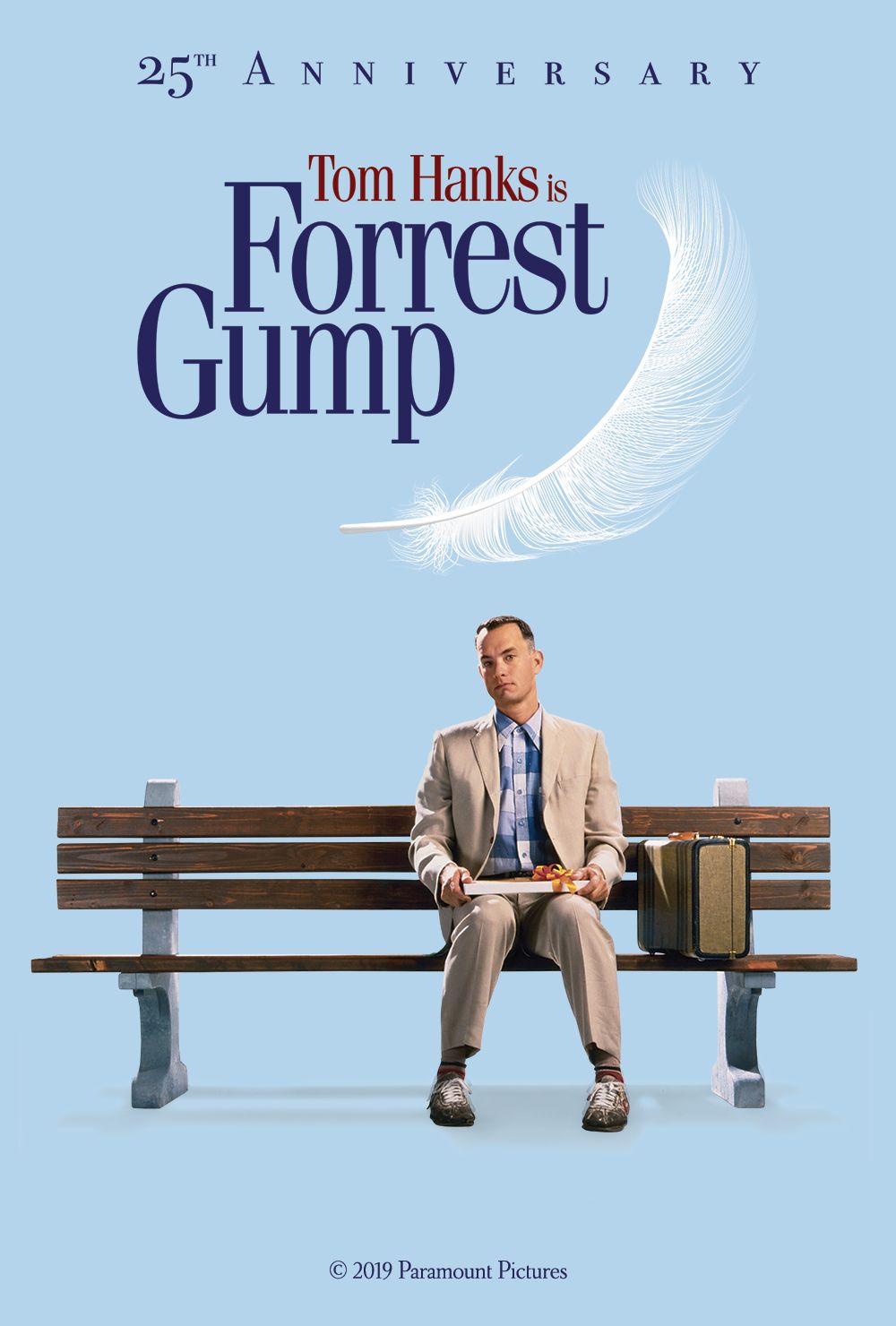
10. **Forrest Gump (1994)** Perhaps no film from 1994 achieved such widespread adoration and critical recognition quite like Robert Zemeckis’ *Forrest Gump*, which, despite its humble protagonist, became a cinematic giant. With a 75% Tomatometer score, the consensus noted that “Tom Hanks’ rigorously earnest performance keeps Forrest Gump sincere even when it gets glib with American history, making for a whimsical odyssey of debatable wisdom but undeniable heart.” This film became a cultural phenomenon, prompting widespread discussion and emotional engagement.
The narrative is a whimsical journey through several decades of American history, viewed through the innocent eyes of its titular character. “Slow-witted Forrest Gump (Tom Hanks) has never thought of himself as disadvantaged, and thanks to his supportive mother (Sally Field),” he lives a life full of extraordinary, often accidental, achievements. From meeting presidents to influencing pop culture, Forrest’s life is a tapestry woven with serendipitous encounters and a steadfast devotion to his childhood love, Jenny (Robin Wright).
*Forrest Gump* captured the hearts of millions, becoming one of the top-grossing films of the year and, most notably, winning the Academy Award for Best Picture, famously triumphing over other titans like *Pulp Fiction* and *The Shawshank Redemption*. Tom Hanks’ performance is, as described, “rigorously earnest,” grounding the fantastical elements of the story in a deep, relatable humanity. The film’s profound exploration of destiny, love, and the American dream, combined with its innovative use of visual effects, ensures its lasting legacy as a beloved and iconic cinematic experience. Its undeniable heart has resonated with countless viewers worldwide.
Read more about: The Biggest Movie Flops That Actually Gained a Cult Following: Their Epic Comeback Stories

11. **The Mask (1994)** Speaking of actors in their prime, 1994 was a banner year for Jim Carrey, and one of his standout comedic blockbusters was Chuck Russell’s *The Mask*. Scoring a Certified Fresh 80% on the Tomatometer, critics acknowledged its unique blend of humor and spectacle: “It misses perhaps as often as it hits, but Jim Carrey’s manic bombast, Cameron Diaz’ blowsy appeal, and the film’s overall cartoony bombast keep The Mask afloat.” This movie was a riotous, cartoonish spectacle that pushed the boundaries of live-action comedy.
The film’s madcap premise sees “timid bank clerk Stanley Ipkiss (Jim Carrey) discovers a magical mask containing the spirit of the Norse god Loki,” transforming him into a zoot-suited, green-faced, anarchic force of nature. Free from his inhibitions, “The Mask” unleashes chaos and vibrant energy onto the drab world of Edge City, simultaneously pursuing the stunning singer Tina Carlyle (Cameron Diaz, in her breakout role) and clashing with local gangsters. It’s a visual feast, brimming with Looney Tunes-esque physical comedy and groundbreaking special effects that brought Stanley’s transformations to life.
*The Mask* was a critical and commercial success, part of “Jim Carrey who was deep in his strong ’90s run,” alongside *Dumb & Dumber* released in the same year. It was also one of the top 10 grossing movies of 1994, demonstrating the immense power of Carrey’s unparalleled comedic talent. The film’s “manic bombast” and “cartoony bombast” were exactly what audiences wanted, offering a joyous escape into a world where anything could happen. Its impact on visual effects for comedic purposes was also significant, proving that effects could be used for over-the-top humor as much as for serious drama.
Read more about: The Cinematic Time Capsule: 15 Overlooked 80s and 90s Masterpieces You Absolutely Need to See
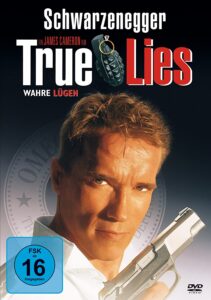
12. **True Lies (1994)** The dynamic duo of James Cameron and Arnold Schwarzenegger reunited for what would be their “last collaboration” in the explosive spy-comedy *True Lies*. While it landed with a 70% Tomatometer score, the consensus highlights its entertainment value: “If it doesn’t reach the heights of director James Cameron’s and star Arnold Schwarzenegger’s previous collaborations, True Lies still packs enough action and humor into its sometimes absurd plot to entertain.” It was a blockbuster spectacle that brilliantly blended high-stakes espionage with marital comedy.
Schwarzenegger stars as Harry Tasker, a secret agent who lives a double life. The synopsis reveals how he is “Secretly a spy but thought by his family to be a dull salesman,” Harry is actually “tracking down” dangerous terrorists. However, his two worlds collide spectacularly when his wife, Helen (Jamie Lee Curtis), begins to suspect his mundane existence and inadvertently gets entangled in his dangerous missions, leading to some truly hilarious and jaw-dropping sequences. The film excels at its grand scale, from dogfights with fighter jets to daring stunts involving a Harrier Jump Jet.
*True Lies* was a massive commercial hit, securing its spot among the top 10 grossing movies of 1994. Its blend of epic action set pieces, signature Cameron spectacle, and genuinely funny marital discord, greatly enhanced by Jamie Lee Curtis’s fantastic comedic performance, made it a crowd-pleaser. The film may have had an “absurd plot” at times, but its commitment to delivering exhilarating action and consistent laughs ensured it remained incredibly entertaining. It stands as a testament to the power of a director and star partnership delivering on spectacle.
Read more about: TikTok’s Sonic Boom: How Classic Tracks From the 70s, 80s, and Beyond Are Dominating Feeds and Reshaping the Entire Music Industry.
13. **Ed Wood (1994)** Venturing into the realm of unique cult favorites, Tim Burton’s *Ed Wood* celebrates the life of one of cinema’s most notorious “bad” directors with unexpected warmth and charm. A Certified Fresh gem with a 92% Tomatometer score, critics celebrated it as “Tim Burton and Johnny Depp team up to fete the life and work of cult hero Ed Wood, with typically strange and wonderful results.” This black-and-white biopic is a loving tribute to a true cinematic outsider.
The film chronicles the eccentric, passionate, and hilariously misguided career of Edward D. Wood Jr., famously dubbed the worst director of all time. “Because of his eccentric habits and bafflingly strange films, director Ed Wood (Johnny Depp) is a Hollywood outcast.” Yet, the film shows that “Nevertheless, with” his unwavering optimism and a motley crew of equally quirky collaborators—including an aging Bela Lugosi (a stunning, Oscar-winning performance by Martin Landau)—Wood tirelessly pursues his dreams, creating cinematic disasters that would later become cult classics.
*Ed Wood* is a deeply personal film for Tim Burton, executed with a stylish flair that perfectly captures the peculiar world of its subject. Johnny Depp’s portrayal of Wood is incredibly endearing, presenting him not as a figure of ridicule, but as a hopeful visionary unfazed by constant failure. The film’s critical success solidified its place as a unique entry in 1994’s diverse film landscape, proving that compelling stories can be found in the most unexpected places and that even failures can inspire cinematic brilliance. It’s a strange, wonderful, and ultimately heartfelt ode to the passion of filmmaking.
Read more about: TikTok’s Sonic Boom: How Classic Tracks From the 70s, 80s, and Beyond Are Dominating Feeds and Reshaping the Entire Music Industry.
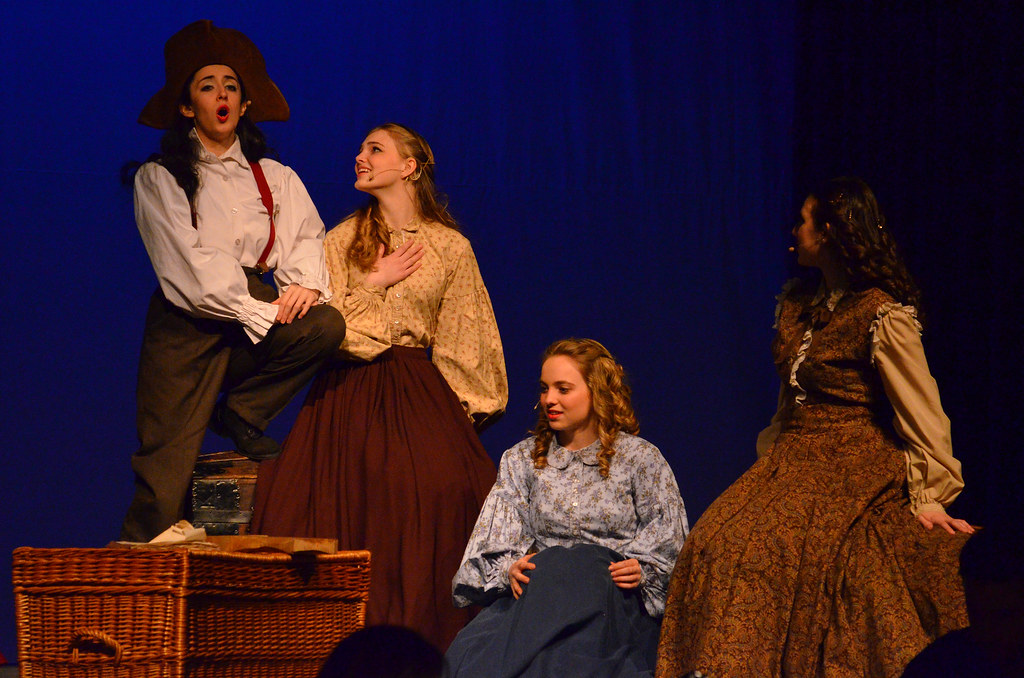
14. **Little Women (1994)** Rounding out our spectacular list for 1994 is Gillian Armstrong’s beloved adaptation of *Little Women*, a film that beautifully demonstrated the enduring power of classic storytelling. Earning a Certified Fresh 92% on the Tomatometer, the consensus praised it highly: “Thanks to a powerhouse lineup of talented actresses, Gillian Armstrong’s take on Louisa May Alcott’s Little Women proves that a timeless story can succeed no matter how many times it’s told.” This cinematic rendition breathed new life into a cherished literary work.
The film faithfully brings Louisa May Alcott’s cherished novel to the big screen, following the lives of the spirited March sisters in post-Civil War America. “In this 1994 adaptation of Louisa May Alcott’s classic, the March sisters confront growing pains, financial shortages, family tragedies and” the complex journey of finding their individual paths. Jo, Meg, Beth, and Amy navigate societal expectations, personal ambitions, and the unbreakable bonds of sisterhood, all under the watchful eye of their wise mother, Marmee.
The casting was, indeed, a “powerhouse lineup,” featuring Winona Ryder as the fiercely independent Jo, along with Kirsten Dunst and Claire Danes as younger versions of the sisters, and Susan Sarandon as Marmee. The film beautifully captures the warmth, struggles, and triumphs of the March family, offering a heartfelt and visually rich experience. Its critical acclaim and popular success proved that classic narratives, when handled with such care and a talented ensemble, can resonate across generations and remain as relevant and moving as ever, fitting perfectly into the diverse and rich tapestry of 1994’s cinematic offerings.
Read more about: Beyond the Battlefield: Unpacking the Enduring Legacy, Global Impact, and Urgent Needs of Our Nation’s Valued Veterans
As we look back at the cinematic landscape of 1994, it’s clear that this wasn’t just a good year for movies; it was an extraordinary one, an undeniable peak in film history. From indie breakouts and Oscar-winning dramas to global blockbusters and beloved animations, the sheer quality, diversity, and lasting impact of these films are staggering. They entertained us, challenged us, made us laugh, and moved us to tears, setting new standards for storytelling and forever etching their mark on the annals of cinema. Thirty years on, 1994’s legacy remains vibrant and powerful, a golden era that continues to inspire and remind us why we love movies. It truly was the year when cinema showed us everything it could be.

